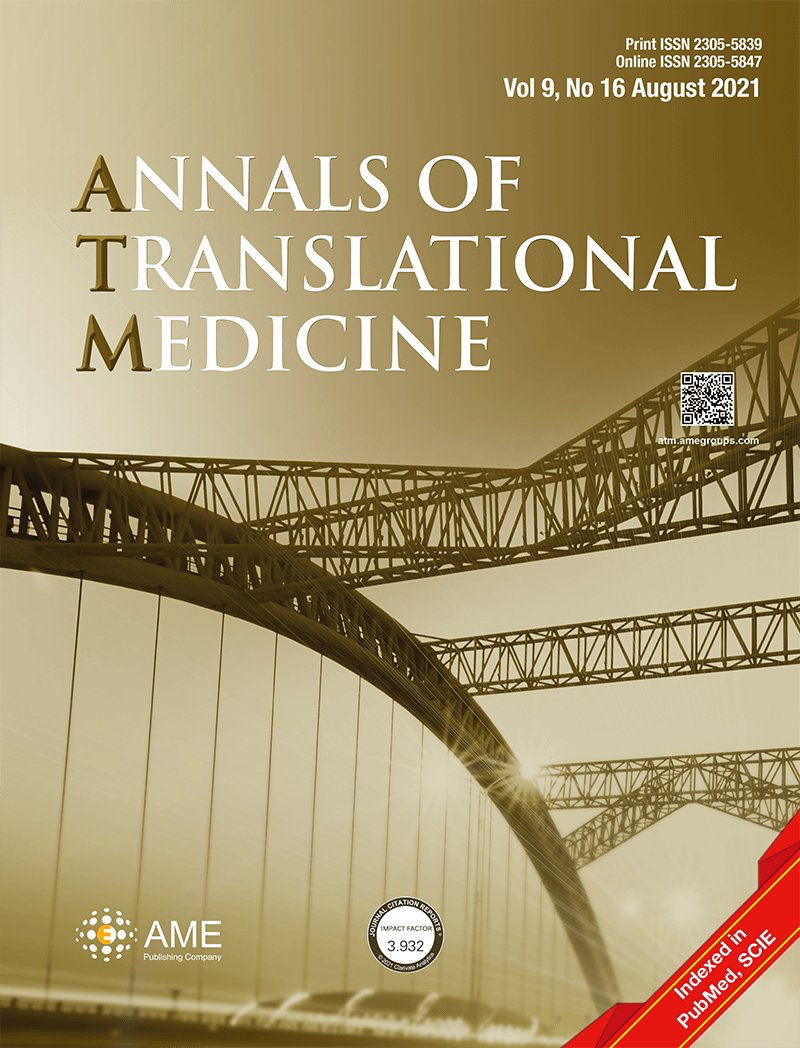Psoriasis
How to submit an article:
- Registered users can submit any published journal article that has a unique DOI (Digital Object Identifier) name or link to Research Hub.
- For example, you can paste the full DOI link:
https://doi.org/10.1109/5.771073or just the DOI name:10.1109/5.771073into the field above and click submit. - The person who is first to submit a valid article to Research Hub will forever be credited for it, and every article submission earns you +6 Research Points.
Related Topics
Published research studies are articles that present the findings of original research that has undergone a peer-review process and has been made publicly available in scholarly journals, books or other media.
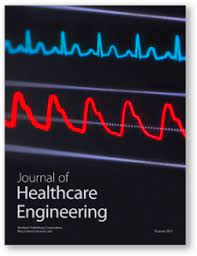
Psoriasis Vulgaris of Blood Heat Syndrome in Plasma Based on Widely Targeted Techniques
2022 Apr 15 Journal of Healthcare Engineering Tang X, Gong J, Jiang Y, Chen X, Qi D, Li X
Plasma metabonomics of PV with blood heat syndrome was analyzed and found multiple differential metabolites of ginkgolic acid, PQQ, L-aspartic acid, and citramalic acid, which are considered to be potential biomarkers of blood-heat syndrome PV.
Network Pharmacology Blood Heat Syndrome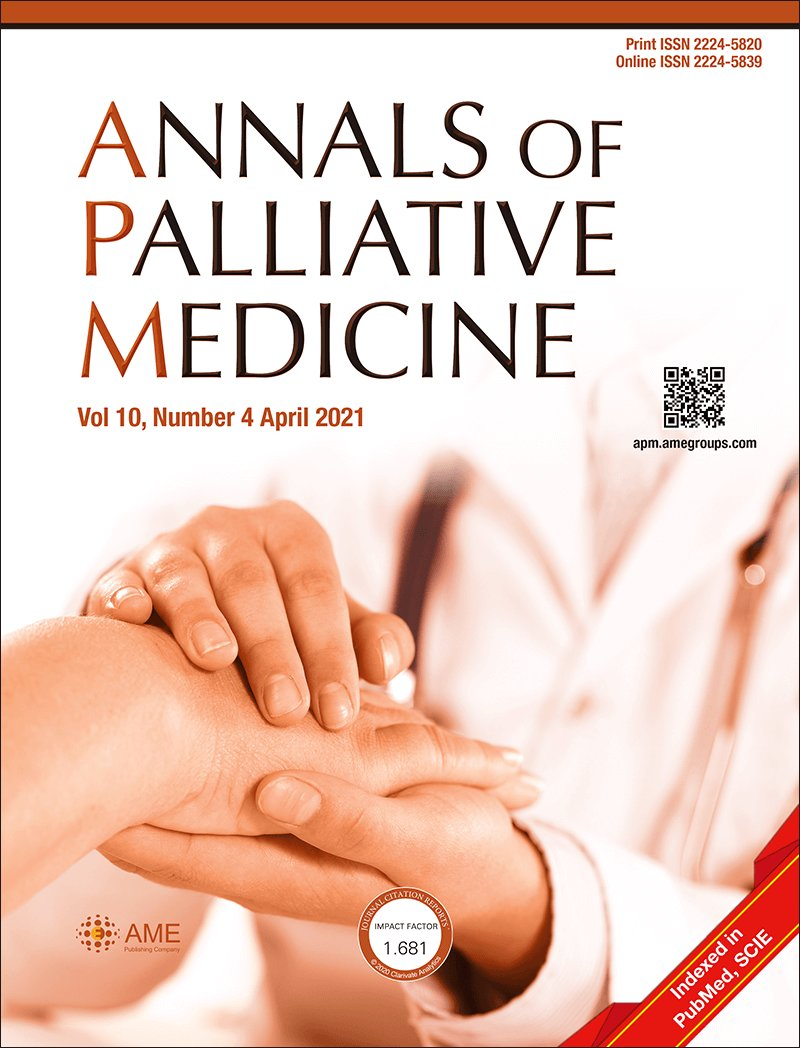
Efficacy and safety of acupuncture therapy for psoriasis: an overview of systematic reviews
2021 Oct Annals of Palliative Medicine Jing M, Shi L, Zhang Y, Zhu M, Yuan F, Zhu B, et al.
Review Article PsoriasisAcupuncture therapy could potentially serve as an effective supplementary treatment method for psoriasis.

A Comprehensive Review of the Chemistry, Pharmacokinetics, Pharmacology, Clinical Applications, Adverse Events, and Quality Control of Indigo Naturalis
2021 May 31 Frontiers in Pharmacology Sun Q, Leng J, Tang L, Wang L, Fu C
Indigo naturalis (IN) is a multicomponent herbal medicine containing both organic and inorganic compounds that shows inhibitory effects on inflammation, tumors, bacteria, and psoriasis.
Review Article Qing Dai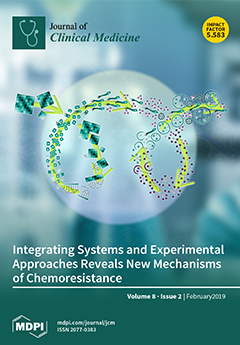
Evidence Map of Cupping Therapy
2021 Apr 17 Journal of Clinical Medicine Choi TY, Ang L, Ku B, Jun JH, Lee MS
Cupping has been applied in a variety of clinical areas, and systematic reviews in a few of these areas have demonstrated statistically significant benefits. The evidence map provides a visual overview of cupping research volume and findings. Evidence mapping can facilitate the transfer of knowledge from researchers to policymakers and promote research on musculoskeletal pain (such as low back pain, neck pain, and knee osteoarthritis) and skin disease (plaque psoriasis).
Cupping
Moving cupping therapy for plaque psoriasis
2020 Oct 09 Medicine Xing M, Ding X, Zhang J, Kuai L, Ru Y, Sun X, et al.
Systematic Review Meta-Analysis Cupping PsoriasisMoving cupping therapy, alone or coupled with other treatments, could effectively alleviate symptoms of plaque psoriasis with minimal side effects.
Research insights are moderated by the Research Hub team and offer an at-a-glance overview of interesting research findings.

2021 Annals of Palliative Medicine
Acupuncture therapy could potentially serve as an effective supplementary treatment method for psoriasis.
Review Article
Efficacy and safety of acupuncture therapy for psoriasis: an overview of systematic reviews
Jing M, Shi L, Zhang Y, Zhu M, Yuan F, Zhu B, et al.

2020 Medicine
Moving cupping therapy, alone or coupled with other treatments, could effectively alleviate symptoms of plaque psoriasis with minimal side effects.
Systematic Review Cupping
Moving cupping therapy for plaque psoriasis
Xing M, Ding X, Zhang J, Kuai L, Ru Y, Sun X, et al.
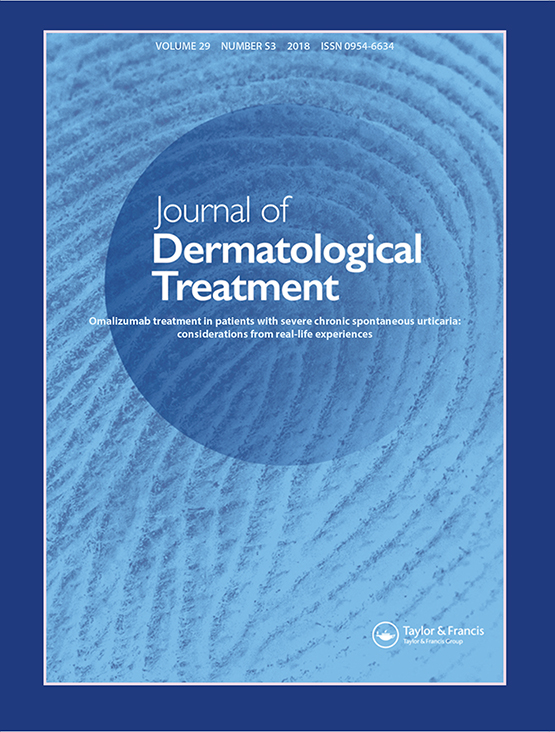
2020 Journal of Dermatological Treatment
Traditional Chinese medicine could potentially serve as an effective alternative therapy for managing Psoriasis vulgaris.
Systematic Review
Evidence and potential mechanisms of traditional Chinese medicine for the treatment of psoriasis vulgaris: a systematic review and meta-analysis
Dai D, Wu H, He C, Wang X, Luo Y, Song P
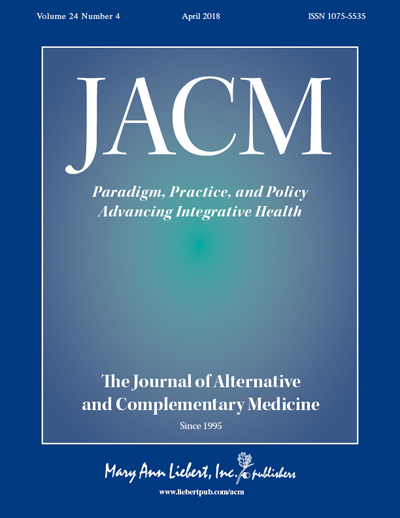
2017 The Journal of Alternative and Complementary Medicine
Acupuncture-related techniques could be considered as an alternative or adjuvant therapy for psoriasis in short term.
Systematic Review
Acupuncture-related techniques for psoriasis: a systematic review with pairwise and network meta-analyses of randomized controlled trials.
Yeh, M. L., Ko, S. H., Wang, M. H., et al.
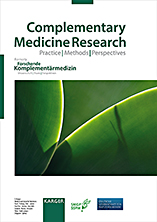
2015 Complementary Medicine Research
Acupuncture therapies demonstrate some potential benefits in treating psoriasis vulgaris, despite conflictions in individual study results.
Systematic Review
Acupuncture Therapies for Psoriasis Vulgaris: A Systematic Review of Randomized Controlled Trials
Coyle M, Deng J, Zhang AL, Yu J, Guo X, Xue CC, et al.
Review Articles
Review articles summarise and critically evaluate the current state of research on a specific topic or field by synthesising multiple primary research studies.

Efficacy and safety of acupuncture therapy for psoriasis: an overview of systematic reviews
2021 Oct Annals of Palliative Medicine Jing M, Shi L, Zhang Y, Zhu M, Yuan F, Zhu B, et al.
Review Article PsoriasisAcupuncture therapy could potentially serve as an effective supplementary treatment method for psoriasis.

A Comprehensive Review of the Chemistry, Pharmacokinetics, Pharmacology, Clinical Applications, Adverse Events, and Quality Control of Indigo Naturalis
2021 May 31 Frontiers in Pharmacology Sun Q, Leng J, Tang L, Wang L, Fu C
Indigo naturalis (IN) is a multicomponent herbal medicine containing both organic and inorganic compounds that shows inhibitory effects on inflammation, tumors, bacteria, and psoriasis.
Review Article Qing Dai
Moving cupping therapy for plaque psoriasis
2020 Oct 09 Medicine Xing M, Ding X, Zhang J, Kuai L, Ru Y, Sun X, et al.
Systematic Review Meta-Analysis Cupping PsoriasisMoving cupping therapy, alone or coupled with other treatments, could effectively alleviate symptoms of plaque psoriasis with minimal side effects.

Evidence and potential mechanisms of traditional Chinese medicine for the treatment of psoriasis vulgaris: a systematic review and meta-analysis
2020 Jul 09 Journal of Dermatological Treatment Dai D, Wu H, He C, Wang X, Luo Y, Song P
Systematic Review Meta-Analysis PsoriasisTraditional Chinese medicine could potentially serve as an effective alternative therapy for managing Psoriasis vulgaris.
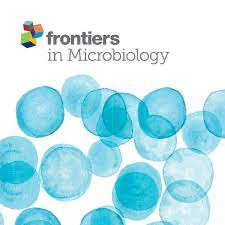
The Gut Microbiome as a Major Regulator of the Gut-Skin Axis
2018 Jul 10 Frontiers in Microbiology Salem Iman, Ramser Amy, Isham Nancy, Ghannoum Mahmoud A.
Basic science research and clinical studies have demonstrated the gut microbiome’s contribution to host homeostasis, allostasis, and the pathogenesis of disease. Through complex immune mechanisms, the influence of the gut microbiome extends to involve distant organ systems including the skin. With intentional modulation of the microbiome, probiotics, prebiotics, and synbiotics have proven beneficial in the prevention and/or treatment of inflammatory skin diseases including acne vulgaris, AD, and psoriasis.
Review Article MicrobiomeClinical Trials
Clinical trials are research studies that involve people and are conducted to evaluate the safety and efficacy of new treatments or interventions, such as drugs, medical devices, or behavioural therapies.
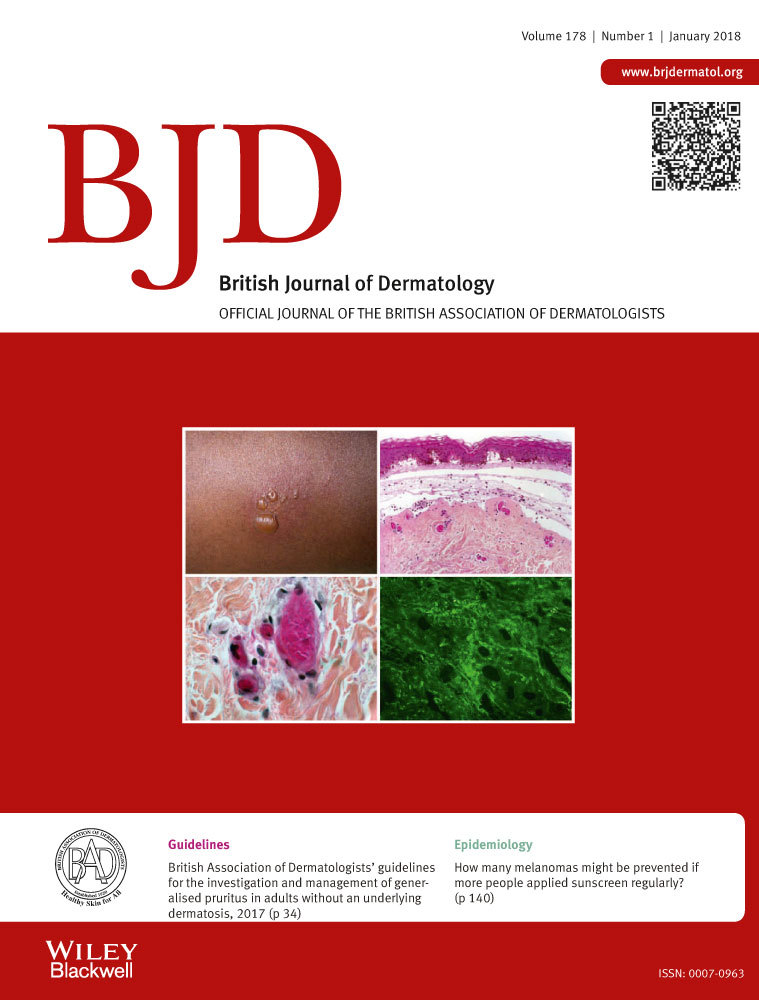
A traditional Chinese remedy points to a natural skin habitat: indirubin (indigo naturalis) for psoriasis and the Malassezia metabolome
2018 Jul 04 British Journal of Dermatology Gaitanis G, Magiatis P, Velegraki A, Bassukas ID
An amount of 200 μg g−1 of indirubin in Lindioil ointment is the most effective concentration studied so far for treating psoriasis topically, and is safe.
Randomised Controlled Trial Qing Dai Psoriasis
Comparison of indirubin concentrations in indigo naturalis ointment for psoriasis treatment: a randomized, double‐blind, dosage‐controlled trial
2017 Dec 14 British Journal of Dermatology Lin YK, See LC, Huang YH, Chi CC, Hui RCY
An amount of 200 μg g−1 of indirubin in Lindioil ointment is the most effective concentration studied so far for treating psoriasis topically, and is safe.
Randomised Controlled TrialStudy Protocols
Published study protocols are detailed plans that outline the objectives, methodology, statistical analyses, and organisation of a research study that have been made publicly available for others to review and use as a reference.
Presentation Slides

Review Article
Acupuncture therapy could potentially serve as an effective supplementary treatment method for psoriasis.
Jing M, Shi L, Zhang Y, Zhu M, Yuan F, Zhu B, Chen M, Ge X

Systematic Review
Moving cupping therapy, alone or coupled with other treatments, could effectively alleviate symptoms of plaque psoriasis with minimal side effects.
Xing M, Ding X, Zhang J, Kuai L, Ru Y, Sun X, Ma T, Miao X, Liu L, Wang Y, Li B, Li X

Systematic Review
Traditional Chinese medicine could potentially serve as an effective alternative therapy for managing Psoriasis vulgaris.
Dai D, Wu H, He C, Wang X, Luo Y, Song P

Systematic Review
Acupuncture-related techniques could be considered as an alternative or adjuvant therapy for psoriasis in short term.
Yeh, M. L., Ko, S. H., Wang, M. H., Chi, C. C., & Chung, Y. C.

Systematic Review
Acupuncture therapies demonstrate some potential benefits in treating psoriasis vulgaris, despite conflictions in individual study results.
Coyle M, Deng J, Zhang AL, Yu J, Guo X, Xue CC, Lu C
Executive Summary
Write an executive summary in the form of a blog article on the topic of "Research into Chinese medicine treatment for Psoriasis" summarising the research below and using language that can be easily understood by patients and avoiding medical jargon using a professional and caring tone of voice.
Write an executive summary in the form of a blog article on the topic of "Researched Chinese medicine treatments for Psoriasis" summarising the research below in an objective and easy to understand way, and using language that can be easily understood by patients. Group the article into Chinese medicine treatments first, followed by nutrition and other treatments. Avoid using medical jargon and use a professional and caring tone of voice.
Write me a concise but easy to understand executive summary on the topic of "Chinese medicine treatments for Psoriasis" based on the following research that I will give you. Your summary should be 2 paragraphs long in Australian English spelling and include references to the studies.
A Review Article published in 2021 in the journal Annals of Palliative Medicine found that Acupuncture therapy could potentially serve as an effective supplementary treatment method for psoriasis. The methodology of this study involved a thorough search across eight electronic databases, include grey, or unpublished, literatures. The search ranged from the date of inception of these databases to July 2021. Researchers used strict criteria to select which systematic reviews and meta-analyses to include in their analysis. The selected reviews were then assessed using specific tools to evaluate their methodological quality, reporting quality, bias risk, and the overall quality of primary outcome measures. In the results discussion, it was found that, of the seven systematic reviews and meta-analyses that met the inclusion criteria, all were deemed to have low methodological quality and contained major discrepancies in their financial statements, protocols, and registrations. Two of these studies were considered to have a low risk of bias. Out of 27 outcomes investigated in this review, only one was classified as high-quality evidence, seven as moderate-quality, and 19 as low-quality. Despite these findings, the researchers cautiously endorse acupuncture as a supplementary treatment method for psoriasis, although this endorsement is based mostly on lower-quality evidence.
A Systematic Review published in 2020 in the journal Medicine found that Moving cupping therapy, alone or coupled with other treatments, could effectively alleviate symptoms of plaque psoriasis with minimal side effects. The researchers conducted an exhaustive review of various databases up until March 2020, including PubMed, Embase, and others. The review focused on randomized controlled trials concerning the treatment of plaque psoriasis using moving cupping therapy, either alone or combined with Chinese herbs or conventional Western medicine. The effects obtained from these trials were contrasted with outcomes from placebo-controlled, pharmaceutical medication-based or Chinese herb-based treatments. They also compared the frequency of the moving cupping treatment. After a meticulous selection process, sixteen trials involving 1164 participants met the entry criteria. The meta-analysis demonstrated that those who underwent moving cupping therapy exhibited significant symptom improvement compared to those who did not. Additionally, the combination of moving cupping and pharmaceutical medications proved to be more effective than pharmaceutical treatments alone. The recurring rate of psoriasis also substantially dropped due to cupping therapy. While moving cupping reduced some blood markers more effectively than conventional medicine did, it didn't show distinct advantages in the visual analogue score. Few transient side effects like redness, itching, and local skin burning were reported associated with moving cupping therapy.
A Systematic Review published in 2020 in the journal Journal of Dermatological Treatment found that Traditional Chinese medicine could potentially serve as an effective alternative therapy for managing Psoriasis vulgaris. The methodology for this study involved reviewing controlled clinical trials regarding Traditional Chinese Medicine's (TCM) use for Psoriasis vulgaris (PV) treatment, conducted within the past decade. Over 2000 papers were considered, from which 17 high-quality articles were selectively reviewed. Aspects such as design defects, small sample size, and inadequate intervention time in some trials were noted, affecting their potential for full clarification of TCM's role in PV treatment. Results from the accumulated data insinuated that Traditional Chinese Medicine might hold the multi-target advantage to substantially lower the Psoriasis Area and Severity Index (PASI) scores, thereby benefiting PV management. In addition to its potential efficacy, the safety of using TCM for treating Psoriasis vulgaris was also evaluated during this review.
A Systematic Review published in 2017 in the journal The Journal of Alternative and Complementary Medicine found that Acupuncture-related techniques could be considered as an alternative or adjuvant therapy for psoriasis in short term. A total of 13 RCTs with 1,060 participants were included. The methodological quality of included studies was not rigorous. Acupoint stimulation, compared with nonacupoint stimulation, had a significant treatment for psoriasis. However, the most common adverse events were thirst and dry mouth. Subgroup analysis was further done to confirm that the short-term treatment effect was superior to that of the long-term effect in treating psoriasis. Network meta-analysis identified acupressure or acupoint catgut embedding, compared with medication, and had a significant effect for improving psoriasis. It was noted that acupressure was the most effective treatment.
A Systematic Review published in 2015 in the journal Complementary Medicine Research found that Acupuncture therapies demonstrate some potential benefits in treating psoriasis vulgaris, despite conflictions in individual study results. The research conducted a comprehensive review of numerous databases including Embase, CENTRAL, PubMed, AMED, CINAHL and others, seeking prospective randomized controlled trials that evaluate the performance of acupuncture therapies for treating psoriasis vulgaris. This was carried out with no language restrictions. With the utilisation of the Cochrane risk of bias tool, the studies were carefully assessed. The primary measuring tool was the Psoriasis Area Severity Index (PASI) score. Results from the six individual studies, involving 522 participants, presented conflicting outcomes in regard to PASI reduction, lesion reduction (non-PASI), PASI score, and relapse rate. Quantitative analysis was carried out on five of the studies. However, the diversity in interventions, comparators, and reported outcomes rendered meta-analysis implausible. Despite the conflictions in individual study results, the outcome indicated some potential benefit of acupuncture therapies in treating psoriasis vulgaris.
Moderation Tools
Topic
Sign In
Users not signed in are limited to viewing the 5 most recent items of content.
